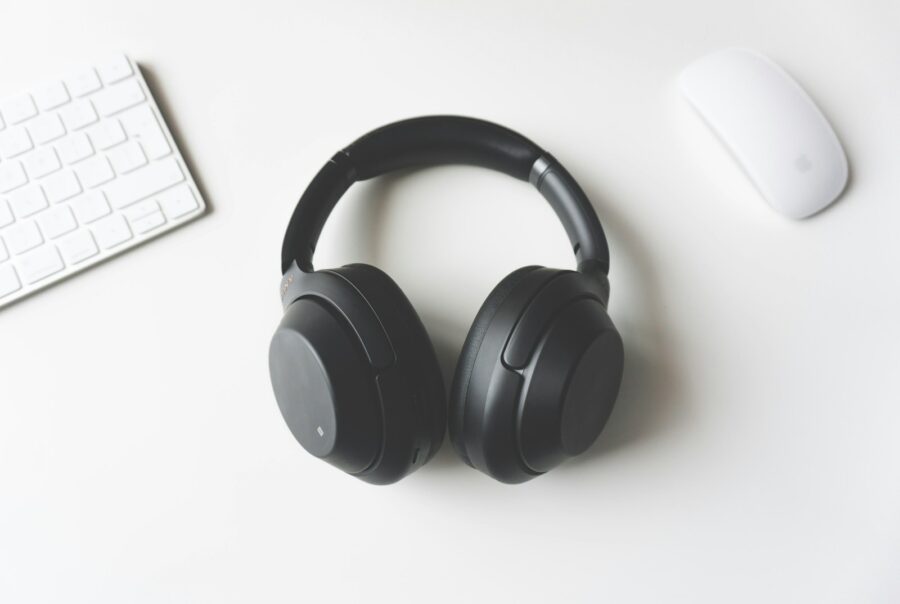With more workers returning to offices, new research from Fora, the premium flexible workspace provider, has revealed that there is a split in opinions when it comes to playing music in the office: 53% of British office-goers like music being played whilst they work, whereas 45% think the opposite.
The study found that among those supportive of playing tunes in the office, two-thirds (66%) say it creates a more fun work environment and over half (53%) feel it helps with productivity and enjoy having the background noise. Of those against music being played, most (82%) think it can be a distraction but over a third (35%) would change their stance if they knew playing music out loud was proven to aid productivity.
Since returning to the office post-pandemic, over half of respondents (54%) say their headphone usage has increased, however, it may not be the most conducive to a productive work environment, with two in five (39%) feeling they can’t go up and speak to someone in the office if they’ve got headphones on.
Investigating the science behind music and productivity, Fora worked with Brian d’Souza, founder of Open Ear and Swell Studios, to conduct detailed research into the types of music that help with focus, limit distractions and increase productivity. For example, the playlists feature high-tempo music played during the post-lunch lull to help with focus, giving Fora members renewed energy when their circadian rhythm is telling them to slow down
Tips for Workspace Ambience
- A VOLUME OF 65 dB HAS BEEN SHOWN TO BENEFIT COWORKING ENVIRONMENTS.Test your own space by downloading a free ‘dB monitoring’ app and take a reading at various points in the room. This will allow you to establish the optimum volume on your building’s amp equipment
- OFFICES ARE NOT LIBRARIES.Whilst music is not for everyone, it does create a backdrop conducive to working. Silence can lead to self-consciousness and abrupt distractions for office workers.
- LYRICS ARE FINE, BUT THE SONGS SHOULDN’T BE TOO FAMILIAR. Pop music is designed to be actively listened to, and pop producers are experts in using musical hooks and lyrics that grab our attIon, which help get their songs stuck in our head. If using music for other means, such as focused work, pop music may not be the most appropriate choice.
- TAILOR WHAT YOU LISTEN TO BY THE TIME OF DAY. We are innately rhythmical beings, so music with a high or low tempo will affect how quickly our motor systems work. Faster paced music can help us speed up, so can be used to help with focus during that after lunch lull, giving us energy to refocus when our circadian rhythm is telling us to slow down.
- AGREE ON A QUIET ZONE.Work with your office colleagues who are looking to take a call or focus on deep work by creating a quiet zone with no music. However, to create the best office environment you should not be turning the music off to the detriment of others.
Brian d’Souza, Founder of Open Ear and Swell Studios, comments:
Contrary to what people might think, music has the ability to help us concentrate. Music affects the brain in many ways, but in simple terms can be considered a duality: we listen and we hear. Hearing never stops, but we must decide when to actively listen. By dedicating a small amount of our brain power to listening to music while working, it can help us block out other thoughts and distractions, and focus on the task at hand.
Brian d’Souza, Founder of Open Ear and Swell Studios
Joanne is the editor for Workplace Wellbeing Professional and has a keen interest in promoting the safety and wellbeing of the global workforce. After earning a bachelor's degree in English literature and media studies, she taught English in China and Vietnam for two years. Before joining Work Well Pro, Joanne worked as a marketing coordinator for luxury property, where her responsibilities included blog writing, photography, and video creation.



